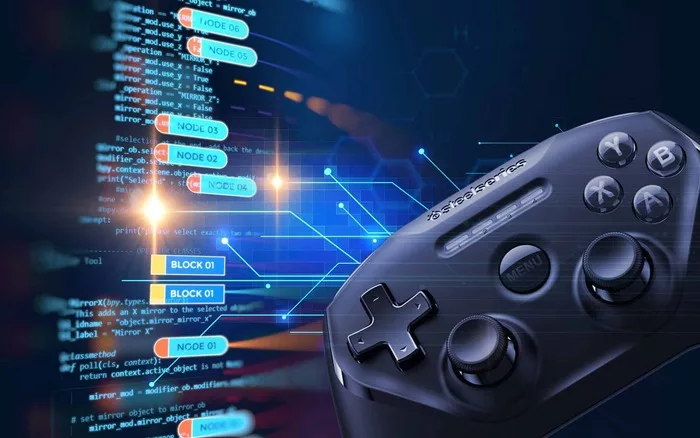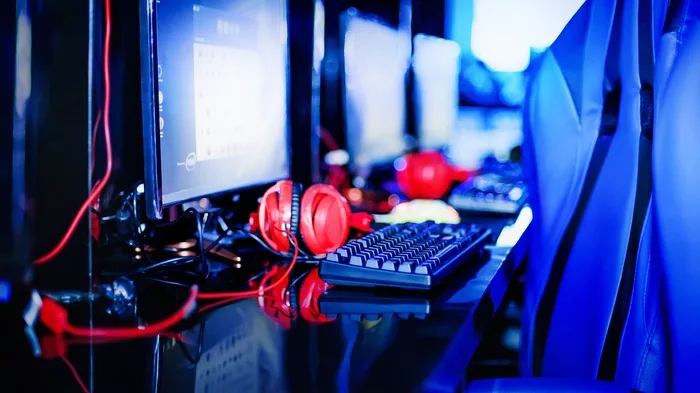The Intersection of Gaming and Esports with Blockchain Technology
Published on :
- PS4
- PS5
- XBox One
- Series X
- PC

The fusion of gaming and esports with blockchain technology marks a pivotal shift, heralding an era where digital ownership, secure transactions, and a transparent ecosystem redefine player interaction.
Through the prism of NFTs, decentralised finance, and immutable asset management, we explore how this integration is revolutionising these domains. Enhanced engagement, authenticity, and a slew of innovative opportunities are just the beginning of this transformation.
The Rise of NFTs in Gaming and Esports
Non-fungible tokens (NFTs) have revolutionised the gaming industry, offering players actual ownership of in-game items. Traditional purchases, confined within a game’s ecosystem, contrast sharply with NFTs’ transferable, owner-centric nature.
This shift not only empowers players but also paves new revenue avenues for developers. For instance, the game “CryptoKitties” allows players to buy, breed, and sell digital cats as NFTs, demonstrating the tangible value and tradability of in-game assets.
Game developers, through interviews, express enthusiasm for NFTs’ potential to enhance game immersion and player rewards. Esports athletes echo this sentiment, valuing unique NFTs as digital memorabilia or merchandise. “Fortnite,” for example, could issue NFTs representing exclusive skins or victory dances, providing both utility and value in and out of the game environment.
This evolving landscape highlights digital ownership’s potential to merge the virtual with the real, benefiting gamers and creators alike.
Blockchain’s Role in Decentralised Finance (DeFi) and Gaming
Decentralised finance (DeFi) introduces a novel paradigm within gaming, granting players unprecedented control over in-game economies and financial transactions.
Games like “Lost Relics” utilise blockchain to create a self-contained economy where players’ achievements translate into real-world value. This not only enriches the gaming experience but also allows players to monetise their in-game success.
The trust and transparency afforded by blockchain technology foster a secure transaction environment, crucial for both players and developers. This assurance is similarly crucial in the online casino sector, ensuring fairness and transparency, a commitment that is also extended to casino apps.
In esports, where prize pools often reach substantial sums, blockchain’s capability to guarantee transparent outcomes is invaluable, much like its application in verifying the fairness of online gambling games without shifting the focus from gaming and esports.

Blockchain Games: Pioneering a New Frontier
Blockchain-based games represent a groundbreaking development, merging gaming, esports, and blockchain into decentralised, secure environments. Titles like “Axie Infinity” offer players a blockchain-powered universe where they can own, breed, and battle fantasy creatures, while “Decentraland” allows for the ownership and development of virtual land.
These games illustrate how blockchain can underpin complex, interactive worlds with real economies and governance managed by player-led organizations.
Such innovations underscore the transformative potential of blockchain in gaming and esports, inviting players not just to participate but to shape their digital realms. As these technologies continue to evolve, they promise a future where games serve as platforms for social interaction, economic engagement, and creative expression.
This integration of blockchain technology doesn’t just change how we play games; it redefines the very foundation of digital ownership and interaction, setting the stage for a new era in digital entertainment.






